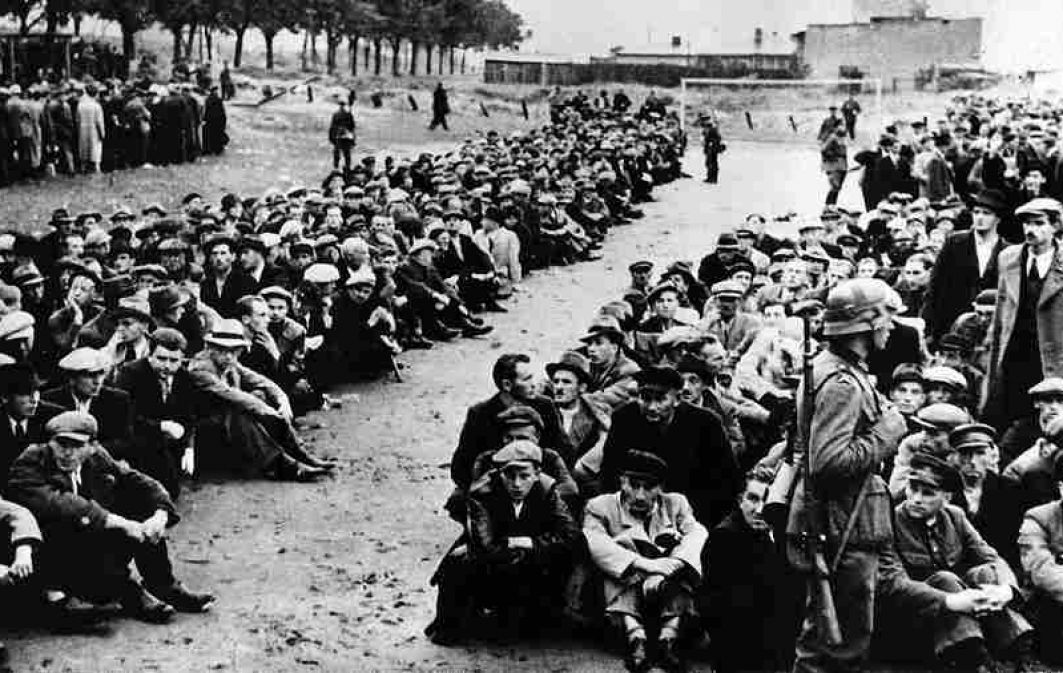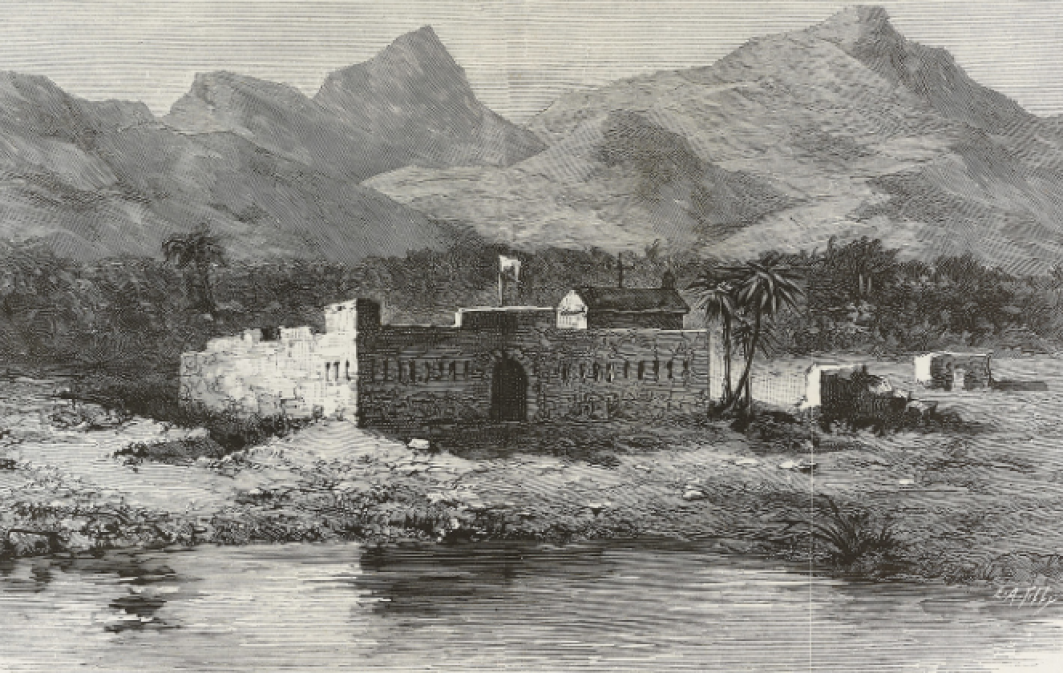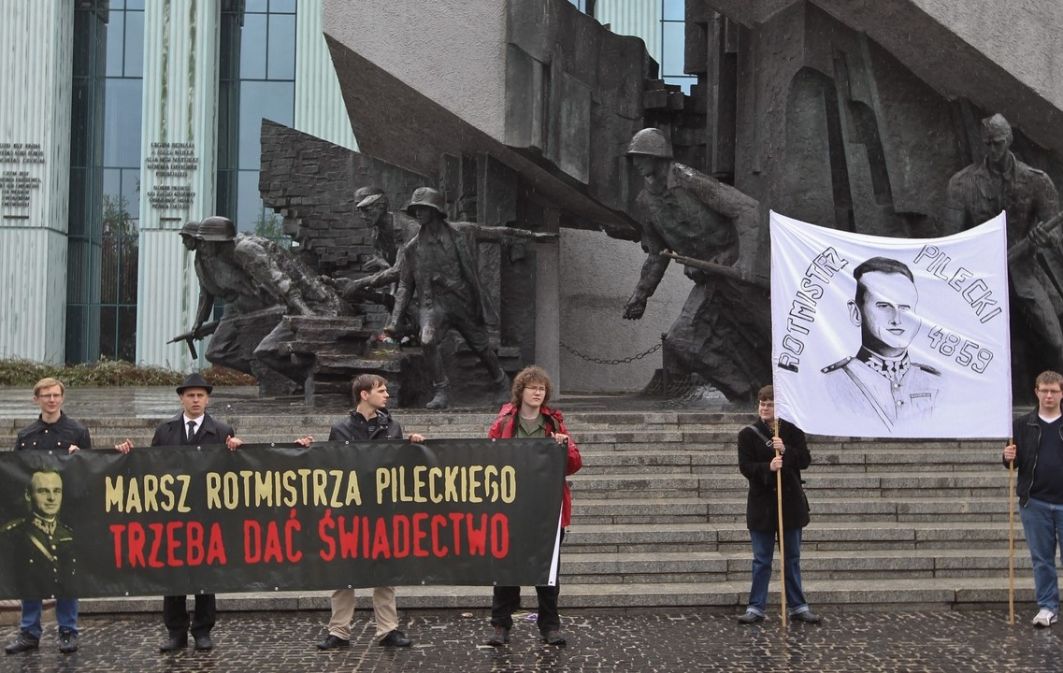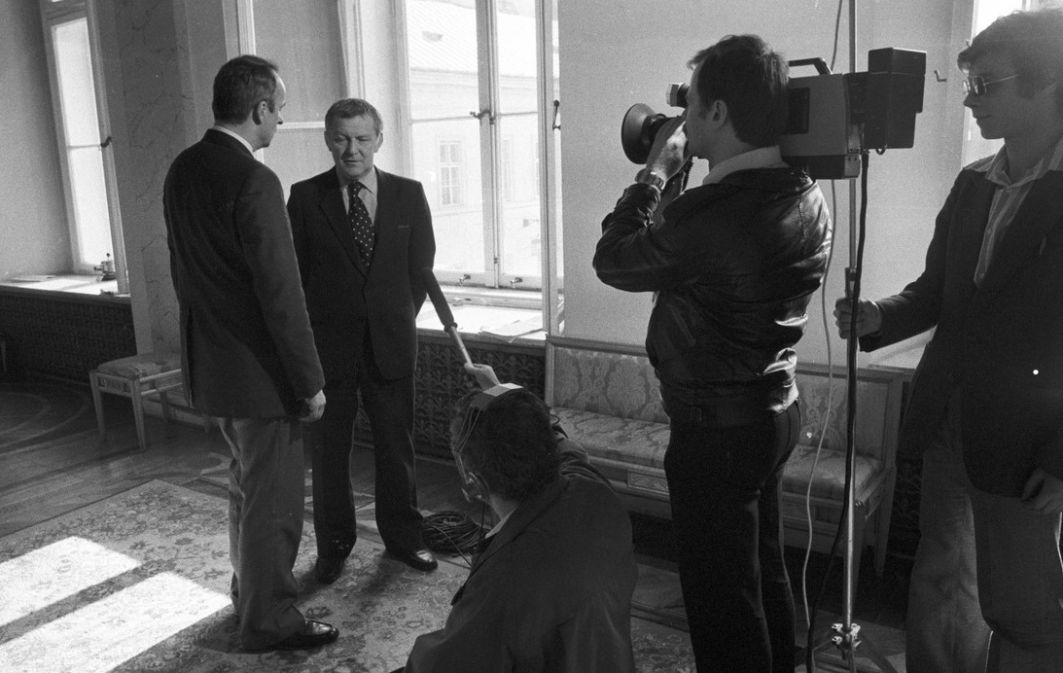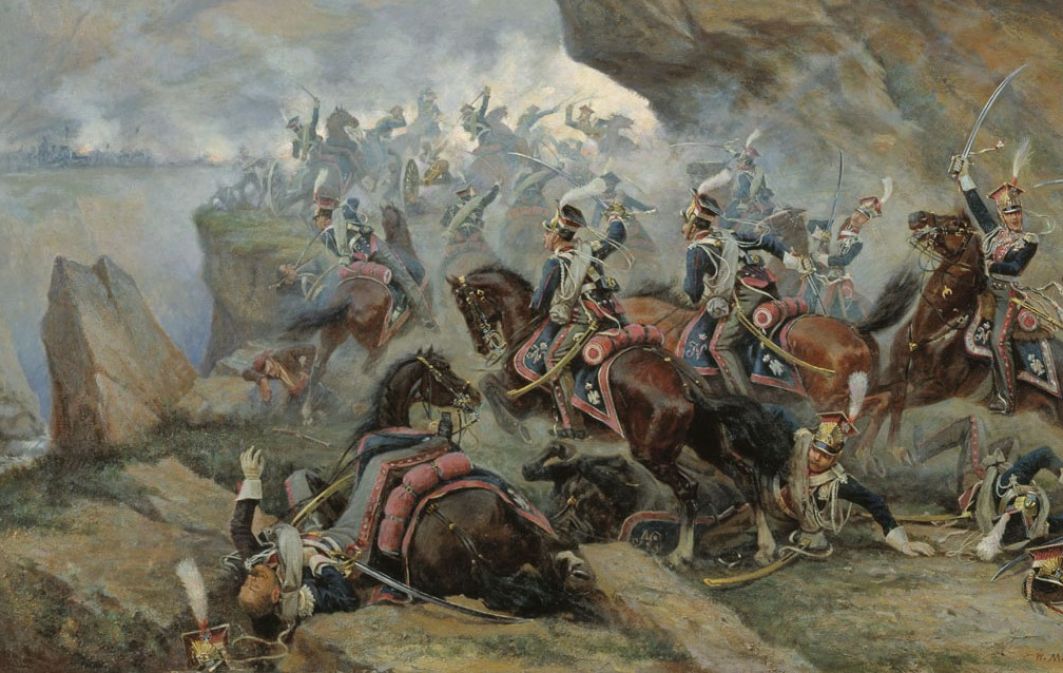Wanda Kozłowska was sworn into the Home Army with the "Tekla" codename in 1942. She was a liaison for Captain Kazimierz Konat "Żbikowski" in the Military Force for Defence of the Uprising (WSOP) Service Group. She took part in medical and communications training conducted by Lieutenant Witold Zamędrowski "Żuk". On the first day of the uprising, she was assigned as a liaison to the commander of the 3rd District, captain Władysław Brzeziński "Ratusz". The next day, she was transferred to the headquarters of the 4th Home Army Group "Gurt" commander, and from September 19, she acted as a liaison officer in the 1st Company of the "Gurt" Group. She saw the end of the uprising in the 2nd Scout Anti-Aircraft Artillery Battery "Żbik".
After the capitulation of the uprising, the female soldiers fighting in "Żbik" were transported to Stalag 344 in Lamsdorf. On November 1, they were transported in wagons to Stalag IV B in Mühlberg in Saxony, between Dresden and Leipzig. From the railway station, 1,256 Polish women marched three kilometres in the pouring rain. When they reached the camp, it turned out that the local authorities had not been informed about the transport. They only started bringing mattresses and blankets to the barracks for over a thousand women group of prisoners. Some of them, soaking wet and cold, slept the night in the crowded barracks on dirty and muddy floors.
In the morning, it turned out that the three rows of barracks sub-camp bordered the camp of Polish war prisoners from September 1939 and the English POW camp. Through the barbed wires, men provided women with sweaters, socks, scarves, and gloves, and they shared food parcels delivered by the Red Cross. The food here was much better than in the Lamsdorf camp. A loaf of bread was to be divided between five women, as well as a portion of margarine and often a bit of marmalade, cheese, and occasional canned meat. They had a more nutritious soup ration for dinner, ten potatoes and a teaspoon of sugar.
 SIGN UP TO OUR PAGE
SIGN UP TO OUR PAGE

The German camp authorities accepted Aniela Cieszkowska "Regina" as the Polish camp commandant. They agreed to continue her military training, secondary school education, and the talks, lectures, and cultural events that started in Lamsdorf. The imprisoned Polish women received spiritual support from Father Robert - a French Dominican and the chaplain of the men's camp - who celebrated services and heard confessions. Wanda Kozłowska recalled that he sang Provençal songs beautifully and organised the camp's cultural life.
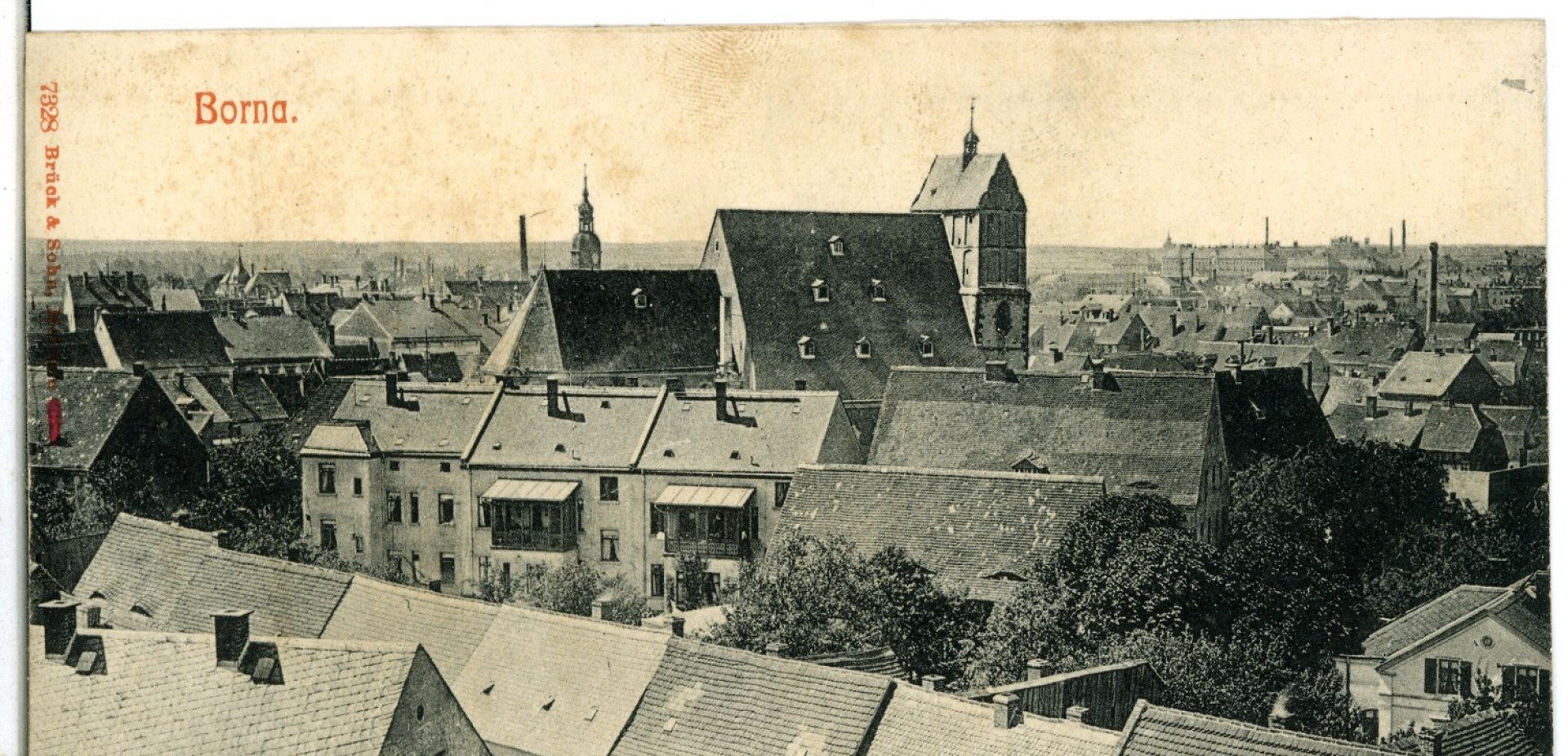
 SIGN UP TO OUR PAGE
SIGN UP TO OUR PAGE
 The German camp authorities accepted Aniela Cieszkowska "Regina" as the Polish camp commandant. They agreed to continue her military training, secondary school education, and the talks, lectures, and cultural events that started in Lamsdorf. The imprisoned Polish women received spiritual support from Father Robert - a French Dominican and the chaplain of the men's camp - who celebrated services and heard confessions. Wanda Kozłowska recalled that he sang Provençal songs beautifully and organised the camp's cultural life.
The German camp authorities accepted Aniela Cieszkowska "Regina" as the Polish camp commandant. They agreed to continue her military training, secondary school education, and the talks, lectures, and cultural events that started in Lamsdorf. The imprisoned Polish women received spiritual support from Father Robert - a French Dominican and the chaplain of the men's camp - who celebrated services and heard confessions. Wanda Kozłowska recalled that he sang Provençal songs beautifully and organised the camp's cultural life.

